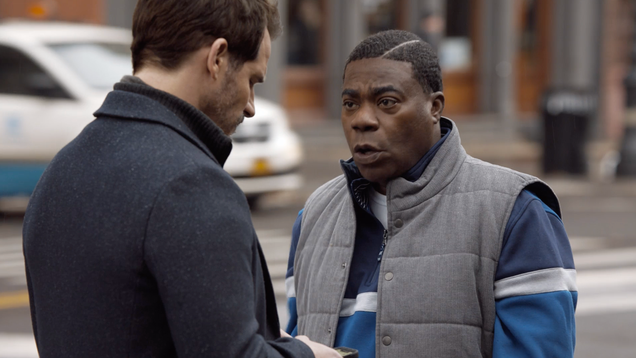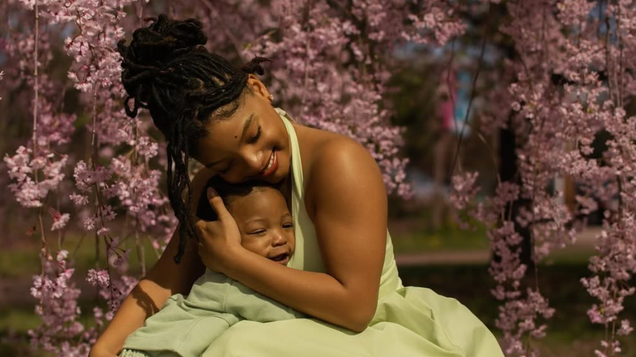
Travel to Africa has become increasingly popular over the last few years, thanks to everything from captivating images shared by travel influencers on social media to thousands flocking to Ghana to celebrate the Year of The Return. The travel movement has inspired many to not only visit African countries but relocate there permanently. More and more African Americans are moving to different countries on the continent and taking advantage of expat work opportunities to create a life outside of the U.S.
If you are interested in staying abroad long term, it would be wise to invest in some real estate. Population growth in the region is a key trend in the recent surge of real estate development across major cities. The United Nations has projected that by 2100 there will be 4 billion people in Africa, 1 billion of whom will live in Nigeria. In 2015, 42% of Africa was urban and by 2050, this figure is estimated to be 62%.
Due to inaccurate media coverage, many people have a distorted image of African real estate. “The first misconception that people have is that it’s super cheap,” says Faye Tillery, a travel blogger and entrepreneur who helps advise people who are interested in foreign real estate, to BLACK ENTERPRISE. “Someone contacted me the other day and asked if the price of this beautiful and modern home in Nairobi, Kenya, was $3,000 for purchase. That was actually the monthly rental rate. Don’t get me wrong, the property is cheaper than what you’d pay in the Western world, but it’s not that cheap by any means.”
Others are looking to challenge misconceptions about real estate through new media platforms. Senegalese entrepreneur Aliyah Mahdi is using her background in real estate in Senegal to launch her own television show called The Real Homes of Africa, which will take viewers through some of the best homes in Senegal.
“The series falls directly in alignment with our goal to build Alkebulan, a city for repatriates to return to here in Senegal. We will display homes available for purchase from local developers and private owners. It will show local interior design, and viewers can get a feel for how they can furnish their homes,” explains Mahdi to BLACK ENTERPRISE. “Viewers will also have a reliable source for pricing different style homes for personal or investment purposes. People will see Africa at its best, and the show will make an eternal impact on the way living on the continent is viewed.”
Mahdi offers some sensible advice to those looking to invest in properties in cities like Alkebulan with realistic figures to keep in mind when considering buying a property. “The best part about buying land in Senegal is it isn’t on a lease. Once it is yours, it is yours. We have land deals for Alkebulan starting at $2,000 all the way to $10,000. These deals won’t last long because of the demand for land here,” she explains. “Others choose to purchase homes that have already been developed. Some of these require all money upfront, and others have payment plans available. If you are doing a payment plan, expect to put a minimum down of $5,000 USD.”
Tillery suggests getting to know the location a little more intimately before making a rash decision after one visit.”I suggest people actually visit the countries they’re interested in investing in then ride around checking out neighborhoods of interest,” explains Tillery. “Once you’ve found neighborhoods that you’re interested in, hire a trusted real estate agent, and then hire a trusted lawyer based on referrals from folks you trust. Just something to note is that some countries don’t allow foreigners to purchase property.”
from Black Enterprise https://ift.tt/39QnOye



